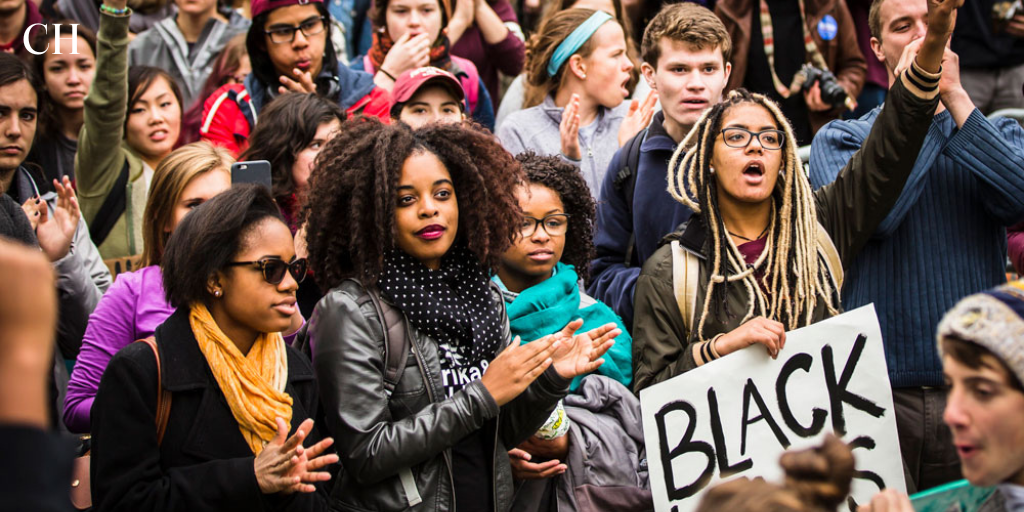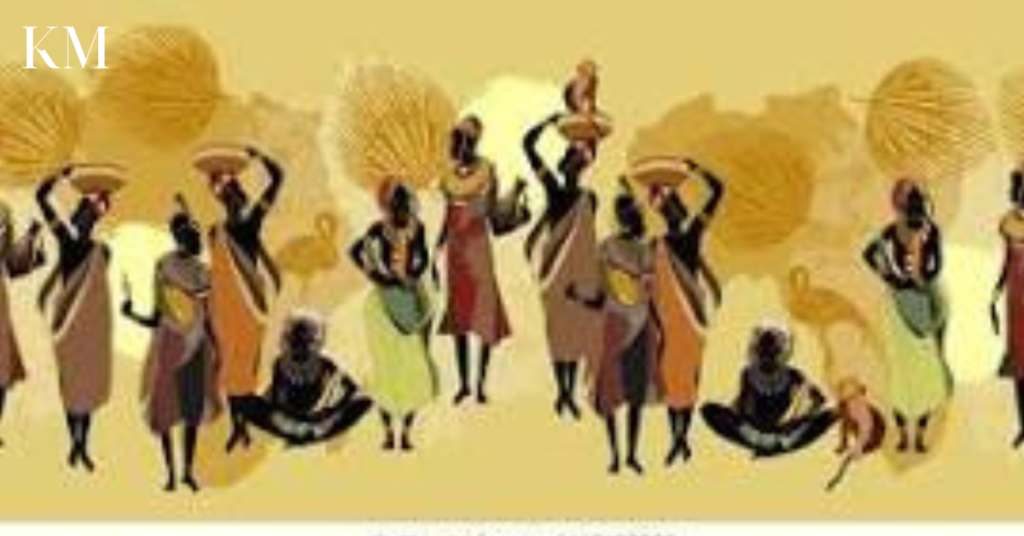
Grassroots organizing by Black women has long been a pillar of social justice movements, with a rich history of endurance, leadership, and community building. Black women have historically been at the vanguard of several movements, ranging from abolition and civil rights to modern efforts for racial and gender equality. Their unique position at the nexus of numerous forms of oppression has provided them with a thorough awareness of the systemic challenges that disadvantaged communities confront, driving innovative and inclusive approaches to addressing these concerns.
The Civil Rights Movement of the 1950s and 1960s is a well-known example of Black women’s grassroots organization. Ella Baker, Septima Clark, and Fannie Lou Hamer were key figures in rallying communities, pushing for voter registration, and resisting segregation. Their work frequently required organizing local communities, establishing support networks, and developing leadership among individuals who were typically disregarded. Baker’s idea of “participatory democracy” stressed communal leadership and grassroots engagement, which are still relevant in modern organizing efforts.
According to the Article of BLACK WOMEN, A HISTORY OF CREATING OUR OWN SPACES By Amalfi Parker Elder, Esq. and Patrice Tillery. “The most disrespected person in America is the Black woman. The most unprotected person in America is the Black woman. The most neglected person in America is the Black woman.” – Malcolm As we celebrate Black History Month (February) and Women’s History Month (March) this year, we’d like to acknowledge the many ways that Black women have had to create spaces for themselves when no one else was interested in prioritizing their unique existence in American society. We also want to acknowledge the ongoing plight of Black women experiencing gender-based violence, navigating how to overcome invisibility, as well as the intersectionality of sexism, racism, and the other forms of oppression that they experience.
Today, Black women continue to lead grassroots campaigns, adjusting their techniques to meet both long-standing and developing issues. The Black Lives Matter movement, established by Alicia Garza, Patrisse Cullors, and Opal Tometi, shows Black women’s leadership in grassroots organizing. The movement has used social media and decentralized organization to challenge police brutality and structural racism, campaigning for policy reforms and increasing awareness worldwide. Their actions demonstrate the continued importance and effect of grassroots movement spearheaded by Black women.
Furthermore, Black women’s grassroots organizing goes beyond racial justice to address a wide range of social issues, such as health care, economic justice, and environmental sustainability. SisterSong, created by Loretta Ross, focuses on reproductive justice and advocates for women of color’s access to comprehensive reproductive health care. These activities emphasize Black women’s intersectional approach to organizing, which recognizes that multiple forms of oppression are inextricably linked and must be tackled together.
The impact of grassroots organizing by Black women is significant and far-reaching. Their work not only confronts oppressive systems, but also empowers communities to drive long-term social change. By developing solidarity, leadership, and collective action, Black women have continuously proved the transformational power of grassroots organizing, influencing movements that seek justice, equity, and liberation for everyone.


